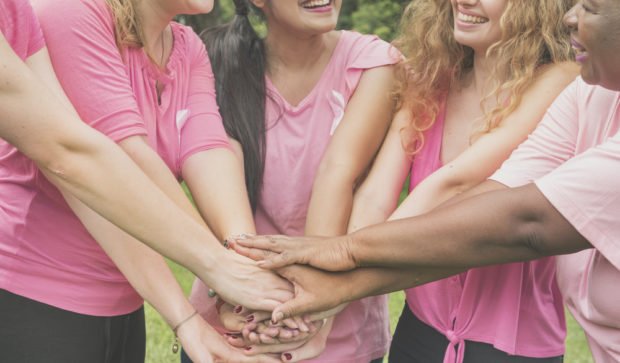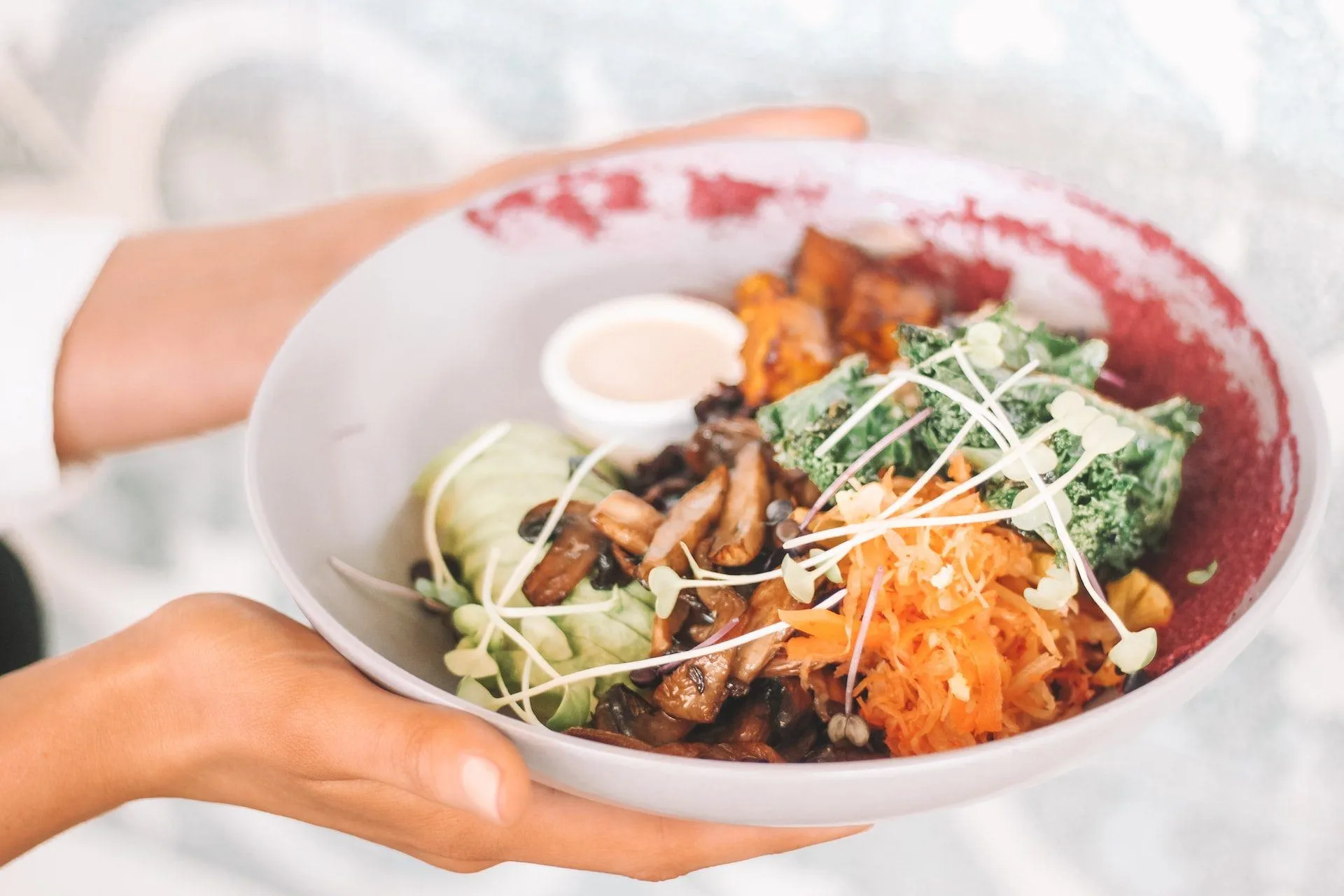This World Cancer Day, we’re looking at how adequate nourishment can help the body heal in the best way it knows how. We’re paying attention to how various forms of cancer treatment often come with side effects that impact one’s ability to eat. This can include nausea and loss of appetite to mouth sores – all of which may lead to additional weight loss. As a Registered Dietitian and Virgin Active’s expert on nutrition, I delve into how nutrition may help the healing process.
Nutrition and Food Advice for Cancer Treatment and Beyond
1. Eat a wholesome, homemade, predominantly plant-based diet
Wherever possible, it’s advisable to eat wholesome, homemade foods that are not excessively processed and do not contain large amounts of salt, sugar, and preservatives. Try homemade versions of hummus, fava bean dip, guacamole, nut butters, and unflavored cottage cheeses – even if it means scraping a tiny bit onto a cracker or toast, to begin with, and building from there.
Eating a predominantly plant-based diet that incorporates small amounts of white meat may be easier for the stomach to digest than large amounts of red meat.
TIP: Fruits, vegetables, and legumes – such as beans, chickpeas, and lentils – should be the largest consumed food group during this time. Incorporate wholesome foods into your diet, such as wholegrain carbohydrates – choose brown, wholewheat, wholegrain, seeded, or rye bread over white bread, as it will keep you fuller for longer and offer your body more nutrition.
2. Have food prepared for you or delivered
When you experience nausea, the smell of food may make the sensation worse, which is why having food prepared for or delivered to you is recommended to help maintain your intake.
TIP: If you have to prepare food yourself, open the kitchen windows and door while you do so. Take a step outside or sit near an open window, if you feel the smell of food is too overpowering.

3. Eat small meals regularly, throughout the day
Eating large meals, or the same portions you ate before treatment began, may be difficult.
TIP: Eat smaller meals throughout the day, instead of forcing yourself to eat larger portions than you can comfortably manage in a single sitting. This may help if you experience a loss of appetite. Snacking between meals may also help.
4. Not too hot, cold or spicy – just right
Blander meals – that are not too sweet, salty, bitter, spicy, fatty, or rich – are more likely to be more agreeable during this time. Try seed crackers, wholewheat toast, oats, oatmeal, and plain yogurt.
TIP: Make your oats using fat-free or low-fat milk, rather than full-cream milk, and add a selection of fruit, such as grated or puréed apples, mashed bananas, and berries as well as nuts and seeds.
5. Drink enough liquids
Drinking fluids during meals or all at once may prove hard. Having a bottle of still/sparkling water or herbal teas close by will help you take small sips when you’re thirsty.
Green tea has been proven to have positive effects during the healing and recovery process. Add freshly cut or frozen fruit and herbs to your water or tea to add natural flavor. Grated ginger or ginger ale may relieve nausea.
Homemade smoothies may help you eat enough calories throughout the day – add a vegan protein powder if you feel you’re lacking it in your diet. Add whichever fruit and vegetables you agree with on a particular day. Homemade smoothies are recommended over homemade juices that discard the fruits’ fiber matrix, which is essential for nutrients.
TIP: Puréed soups made from your favorite vegetables, carbohydrates, and starches are another great way to get in more calories.
Foods to avoid:
- Alcohol – it may interact with treatment
- Overly processed foods that are high in sugar and contain little nutrition
- Raw or undercooked foods, such as sushi, and any foods you wouldn’t eat while pregnant
- Spicy and crunchy foods if you develop mouth sores
- More than two cups of coffee daily
- Foods deep-fried in high temperatures for long periods of time may be carcinogenic
- Burnt foods may be carcinogenic
Things to try:
- Whatever works best for you during this time
- Drinking through a straw may help prevent the aggravation of mouth sores
- Medication or alternative treatments for nausea
- Various food textures and consistencies – blending, puréeing, bite-size pieces
- Unusual and unconventional food combinations you wouldn’t normally try
- Cooking, steaming, or freezing foods you wouldn’t normally
Takeaway
Journalist Michael Pollan, the author of ‘In Defense of Food’, summed it up so well when he said, “Eat food. Not too much. Mostly plants”.
Working closely with a Registered Dietitian or nutritionist – who can draw up a personalized eating plan that works best for your treatment plan and recovery – may be very beneficial for your overall well-being during the healing process.
Who is the author?
 Kim Hofmann is a Registered Dietician with a B.Sc. Med (Hons) in Nutrition and Dietetics and a B.Sc. Hons in Psychology. She is Virgin Active South Africa’s expert on all things nutrition.
Kim Hofmann is a Registered Dietician with a B.Sc. Med (Hons) in Nutrition and Dietetics and a B.Sc. Hons in Psychology. She is Virgin Active South Africa’s expert on all things nutrition.
Her passion lies in combining my psychological studies with nutrition and food.



![women [longevity live]](https://longevitylive.com/wp-content/uploads/2020/01/photo-of-women-walking-down-the-street-1116984-100x100.jpg)










